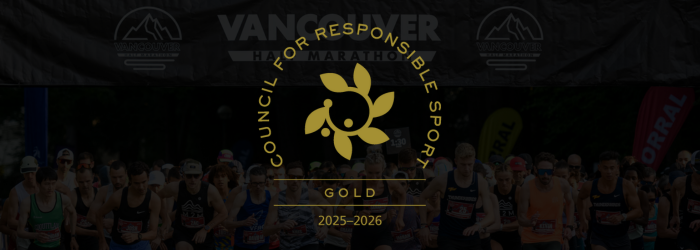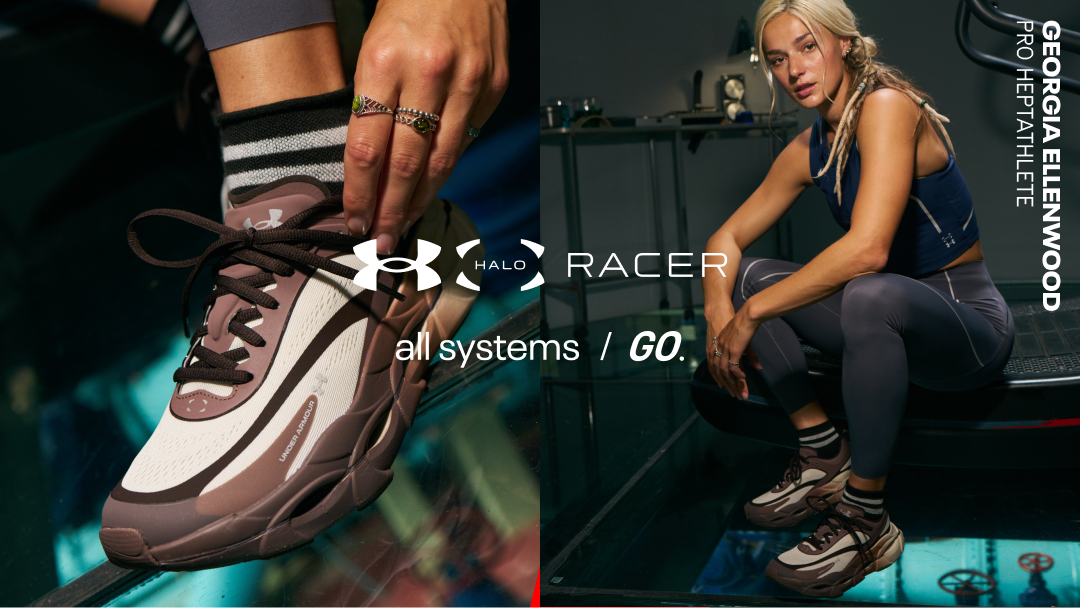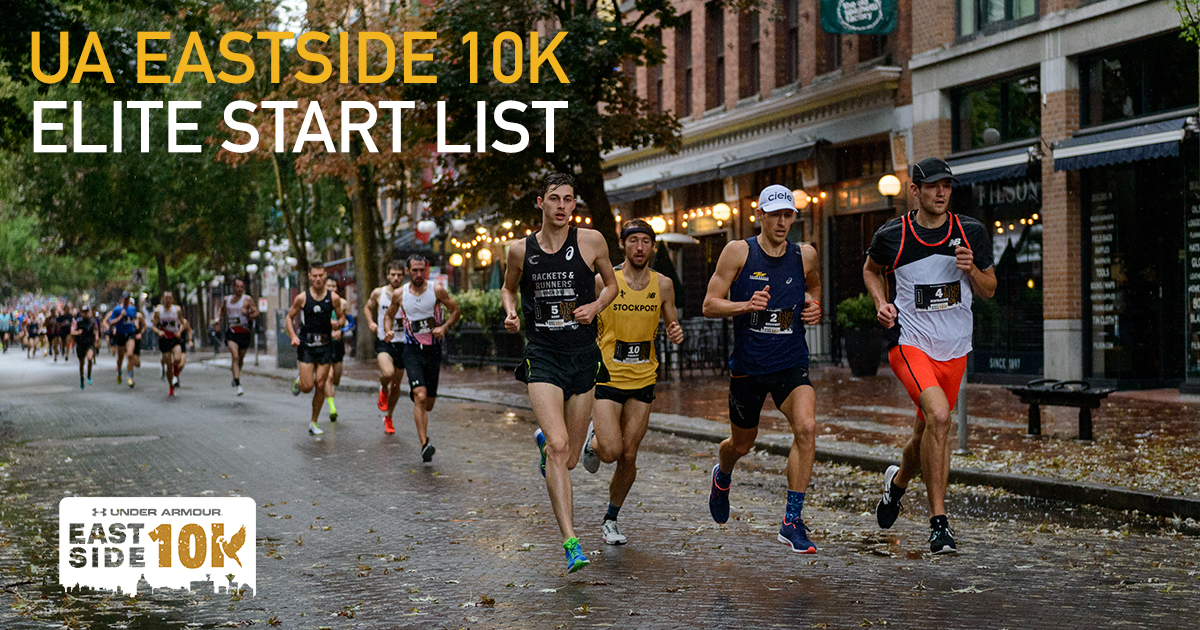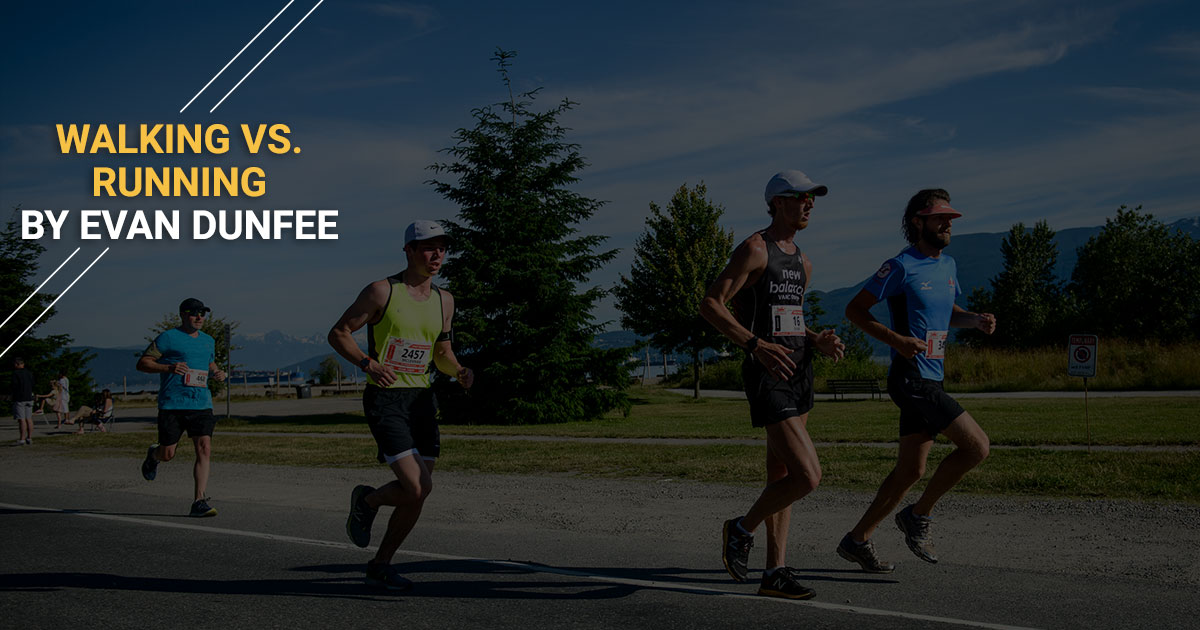
Over the last 12 months it has become a fairly common occurrence for the Vancouver running community to see me out on the streets tackling a road race. Over the last year I have walked in 10km, half marathon and full marathon races, and ran a 10km and a half marathon.
This dabbling in running during my off-season has led to a lot of questions. How often do you run in training? How does racing/recovery differ? Why do you do it?
And I think it would be fun to attempt to answer some of these questions by comparing my two most recent road races, the Scotiabank Half Marathon, where I race walked to a 95th place finish in 1:29:54, and the recent Eastside 10km, where I ran my way to 6th place in 32:26.
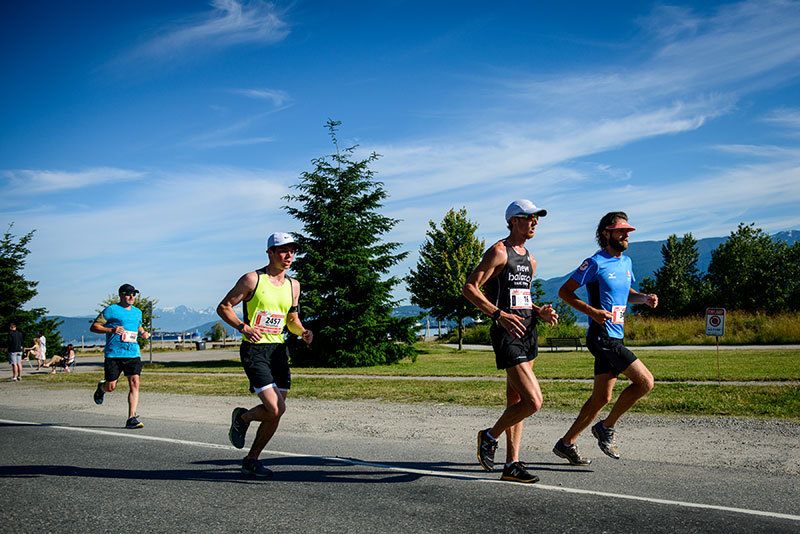
So just how much running do I do in training? Since May 1st I’ve run 120km (not including a few 3km late night runs/plods home from the bar), or a whopping average of 6km per week. Evidently running isn’t something I find myself doing in training too often.
That lack of running most clearly rears its ugly head when it comes to recovering from running races vs. walking races. I can typically bounce back from a 30-40min hard walking effort either later that day or the next day. However, after running the Eastside 10k my legs were shot.
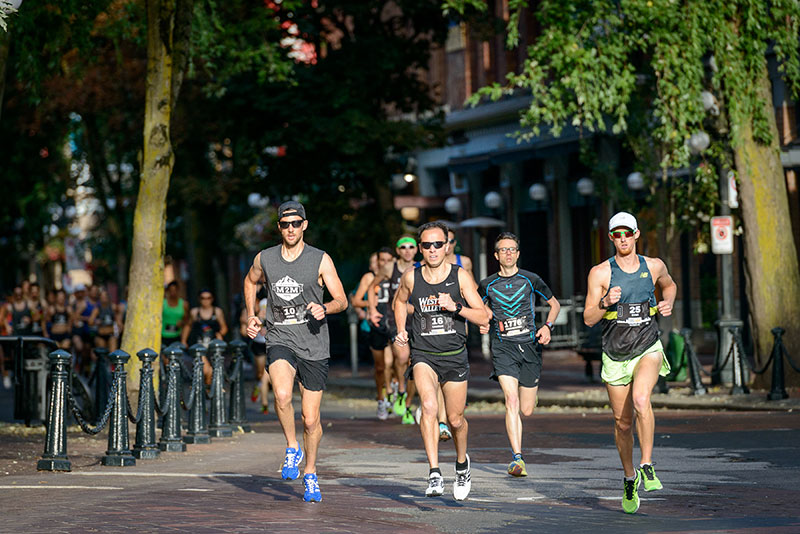
Race walking, because of its lower impact, takes way less of a strain physically on your body (think somewhere between swimming and running). Plus, given that it’s my primary form of training, my body is primed to handle the specific stressors exceptionally well. Running however, requires way more calf/quad activation, and the higher impact takes its toll on my joints and ITBs.
Additionally, after most of my walking races my focus is on recovering as quickly as possible because I’m mid-season. After Eastside the focus was getting home ASAP to shower and head downtown to celebrate the end of my off-season. With drinks at the White Caps game and a late night concert, my body woke up the next day with considerably more DOMS.
There are many more similarities (think physiological measures: %VO2max, HR etc…) than there are differences. One difference, while running, is how easily my mind wanders. Not having to focus on technique freed up mental capacity. Unfortunately, that mental capacity was used to frequently question: “Why are you doing this to yourself?”. It’s tough to say if that is a positive or negative difference.
Another big difference was the overwhelming lack of expectations. When I go into a walking race I roughly know what I should be capable of. Sometimes this is a hindrance where I might hold back subconsciously. With running, I had no idea what to expect. I figured a good strategy was to make sure I ran hard enough that I was tired by 3km and then just hang on from there.
But moreover, no one else had any real expectations. I could have run 34min and people still would have thought that was pretty good for a race walker. Special shoutout here to my retired teammate/full-time lawyer Inaki Gomez who busted out a 35min run! He lost the fastest lawyer battle when Lanni Marchant pulled away from him late in the game.
Talking about others helps me segue into my final point, which is the real reason I come out to these races (running or walking). That reason is to sneak my way into the amazing running community we have in Vancouver. A community which I used to feel like an outsider in but now, finally, feel like I am welcome. Doing these events has helped show that we race walkers are serious athletes. I think that it has helped raise the level of respect we walkers have. It has also brought me way closer to this incredible community. From the awesome run clubs around the city, to the strong Strava contingent constantly pursuing personal excellence. These are the people I draw constant inspiration from. So if it means putting up with a few days of sore ITBs and calf cramps each year then it is well worth the price!


